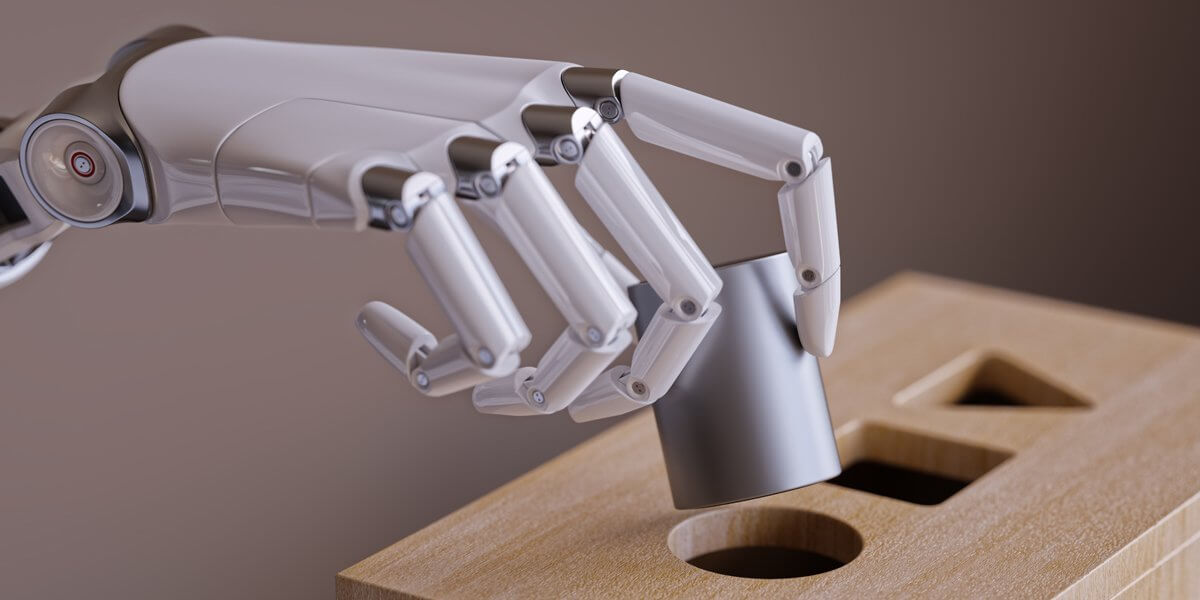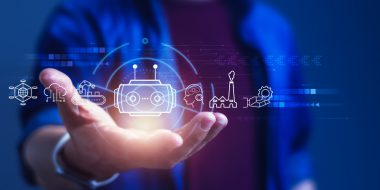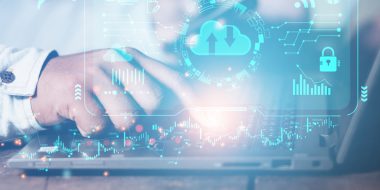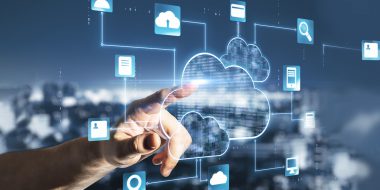Reinforcement Learning (RL) is the next revolution in AI. It is an advanced machine learning algorithm that has the potential to form the basis of autonomous systems with decision-making capabilities. Reinforcement learning is based on a feedback-driven architecture, making it suitable for complex and dynamic environments. It is different from supervised and unsupervised machine learning algorithms that require large datasets for training purposes. In contrast to such algorithms, RL algorithms are designed to continually learn from experience rather than only from data. This self-learning ability of RL algorithms is critical for realizing more human-like behavior in robots and other AI applications.

The initial illustrations of reinforcement learning sprang up in a series of gaming demonstrations where reinforcement learning-based computer models challenged human experts in games like Atari and Go. DeepMind’s reinforcement learning models constituted real-life instances of how such techniques could enable self-learning capabilities, with iterations in a gaming environment. These groundbreaking outcomes triggered research on the use of reinforcement learning in other sectors as well.
In order to move beyond traditional machine learning algorithms, new AI entities are targeting business models around RL algorithms. These startups are innovating in the RL space to develop products and solutions that can meet the demand for next-generation AI applications.
Which industries will Reinforcement Learning impact the most?
Netscribes research shows that reinforcement learning startups are majorly focused on automotive, retail/e-commerce and robotics. Osaro, Kindred, Micropsi Industries, Acutronic Robotics, and Covariant.ai are some of the startups that are developing RL-based solutions for robotic applications, especially piece-picking in warehouses.
Automotive
Reinforcement learning can help meet the requirements for real-time decision making and Level 5 autonomy in self-driving vehicles. These emerging technologies can leverage RL algorithms to operate in a dynamic and unstructured environment on the roads. New entities such as Wayve, Latent Logic, Ascent Robotics, AiGent-Tech, and CogitAI are developing RL solutions to understand and predict complex road scenarios. Most of these companies are using imitation learning i.e. algorithms that learn from human demonstrations through computer vision techniques, to train their reinforcement learning agents.
Wayve is using this to eliminate pre-mapping constraints in self-driving vehicles, thereby challenging current sensing mechanisms that are being explored for autonomous vehicles.
Financial Services
Financial services and industrials are the next sectors that are likely to be disrupted by RL solutions. A number of startups are using it to accurately predict their inherently dynamic environments. For example, Cerebri AI and hiHedge are using RL for optimal trading and risk management, while Nnaisense and NeuDax are revolutionizing industrial plants with efficient decision-making.
Food Retail
The food retail industry another industry that will be impacted by RL. Wasteless has applied this technology to develop a dynamic pricing engine that determines the optimal price based on customer buying habits, inventory, product freshness, alternatives, among other parameters.
Logistics, agriculture, education, and research are other sectors that are also seeing the active deployment of reinforcement learning. Additionally, companies like Deeplite and DataOne are trying to accelerate RL adoption in the IoT market.
Most startups operating in the RL space are at an early stage of development and are conducting tests with industry partners. In the near future, we expect these companies to follow software-as-a-service or robot-as-a-service business models in their target domains. Licensing out this technology is also an option as servitization will be cost-effective for customers. These startups can also be potential collaborators across industries for diversified applications, as self-learning and self-configuring abilities are going to define the next generation of AI technologies.
Netscribes provides in-depth research and analysis on everything in AI to help companies prepare for tomorrow’s disruption. To access our AI research, you can subscribe to our reports or get in touch with us directly at info@netscribes.com.






